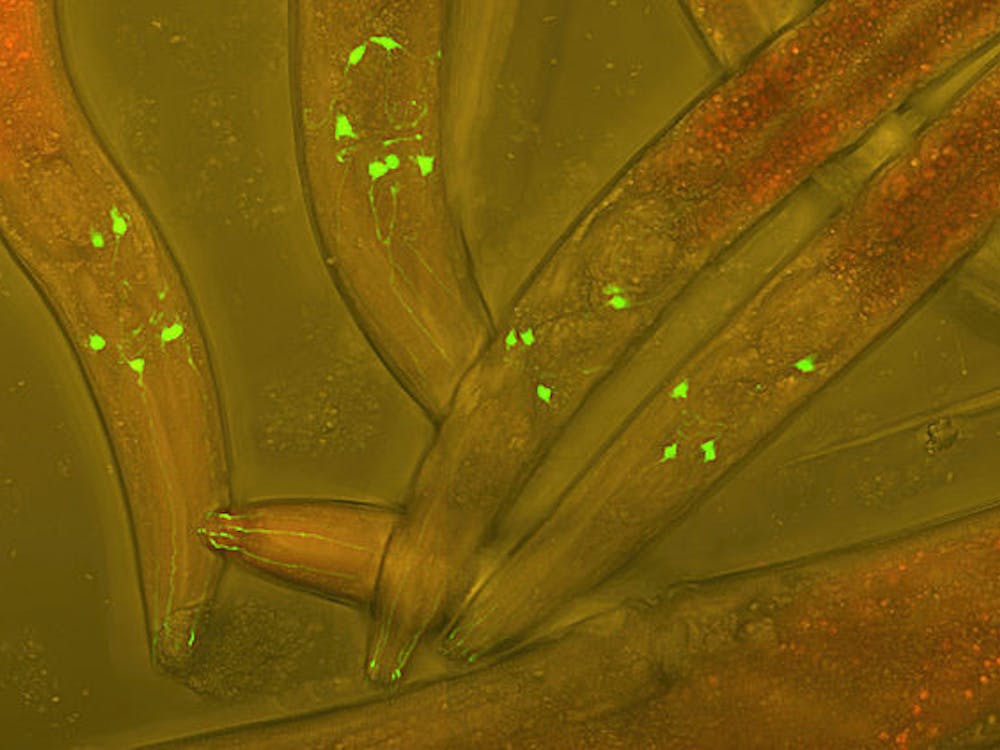Scientists at the University of British Columbia have recently made a breakthrough in diabetes research. For the first time, researchers were able to grow human blood vessels as organoids in a petri dish, which will dramatically enhance research in cardiovascular disease in patients with diabetes.
The term diabetes encompasses multiple diseases that involve problems with bodily insulin, a hormone produced by the pancreas that helps the body store glucose for longer periods of time.
There are three main types of diabetes. Type I diabetes occurs when the body fails to produce large amounts of insulin; the immune system destroys the beta cells in the pancreas that are responsible for insulin production. Type II diabetes, on the other hand, occurs when the body does not use insulin properly to store glucose. As a result, glucose levels in the body are consistently higher than normal.
Gestational diabetes typically develops between the 24th and 28th week of a woman’s pregnancy. This last form of diabetes causes high blood sugar that can not only affect the mother’s health but may also lead to premature birth, breathing problems and jaundice in the child.
While diabetes directly affects a patient’s insulin levels, it can also do great damage to blood vessels. This is particularly the case in type II diabetes. When glucose levels are higher than normal, there are lower levels of nitric oxide in the blood vessels. Nitric oxide typically acts as a vasodilator in the blood vessels, therefore low levels would prevent the vessels from dilating in response to shear stress. As a result, elevated glucose levels increase the risk of high blood pressure and narrowing blood vessels, which can limit the amount of oxygen delivered to bodily tissues and impair overall blood circulation.
Rita C. Tostes, physiologist in the Medical College of Georgia (MCG) School of Medicine, believes that this is most likely the reason why diabetes is a large risk factor for cardiovascular disease. According to data from the American Heart Association, 75 percent of those with diabetes die from some sort of cardiovascular disease.
While diabetes is a growing problem in America, it is also a prevalent problem worldwide. In fact, as many as 420 million individuals are affected by diabetes each year, 100 million of which are American. However, despite the prevalence of the issue, little research has been done on cardiovascular issues surrounding diabetes, which drastically limits the development of treatments.
To take on this problem, Josef Penninger, founding director of the Institute of Molecular Biotechnology at the Austrian Academy of Sciences (IMBA), and his colleagues at the University of British Columbia were able to grow organoid blood vessels in a petri dish from human stem cells. After transporting these blood vessels into mice, the researchers learned that these vessels functioned like normal human blood vessels.
Reiner Wimmer, the first author of the study and a postdoctoral research fellow at IMBA, expressed his excitement over the news.
“What is so exciting about our work is that we were successful in making real human blood vessels out of stem cells,” Wimmer said in a recent press release. “Our organoids resemble human capillaries to a great extent, even on a molecular level, and we can now use them to study blood vessel diseases directly on human tissue.”
The researchers exposed the organoid blood vessels to type II diabetic conditions in order to stimulate increased levels of glucose. The blood vessels acted as human blood vessels would be expected to: There was an expansion in the basement membrane of the vessel, and in result, there was less transport of oxygen and other nutrients.
After simulating these diabetic conditions outside the human body, the scientists were able to safely and easily look for ways to combat this vessel thickening. While the current anti-diabetic medicines did not have an effect, they discovered that inhibitors of the enzyme secretase helped to prevent the thickening, hinting that increasing inhibitors of secretase in animals would help combat the adverse cardiovascular effects of diabetes.
The researchers believe that further new tests and research with these organoids can not only help uncover more underlying causes of cardiovascular disease but also help test more potential treatments for these diseases.




